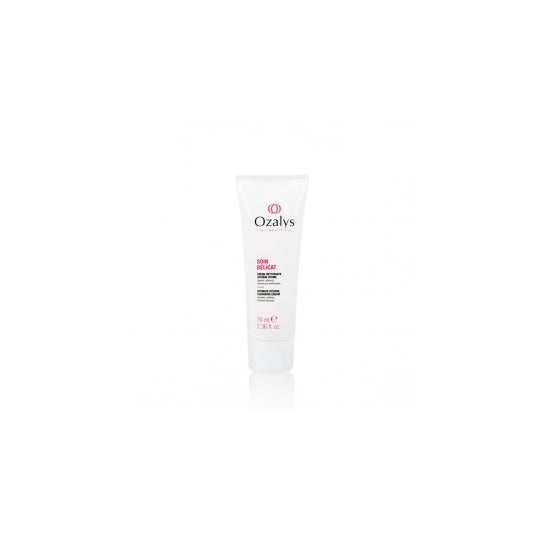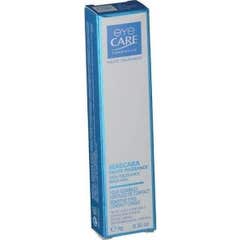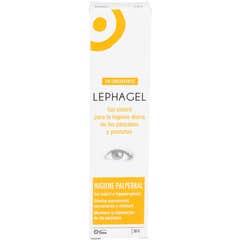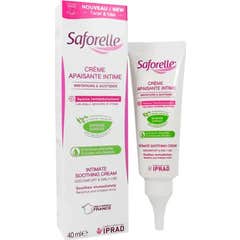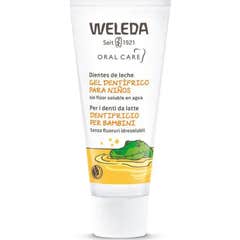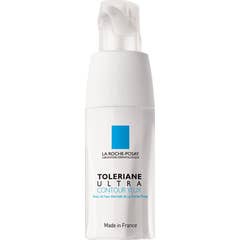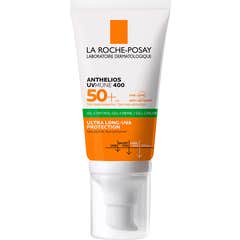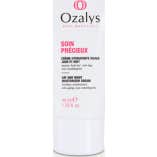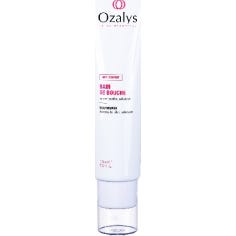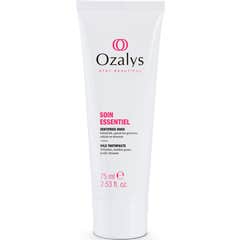Processes such as chemotherapy, radiotherapy, hormone therapy and immunotherapy cause the vulvar mucosa to become fragile, dry and uncomfortable. This is why choosing the right intimate hygiene product is of great importance.
Ozalys Cleansing Cream gently cleanses the intimate area and soothes the sensation of dryness, as the ingredients it contains mimic the hydrolipidic film. This provides immediate and long-lasting comfort.
Its perfect combination of mild cleansing agents gives it a delicate fragrance. Its pH level is between 5 to 5.5, as this is the ideal range that corresponds to the specific needs of women in the menopausal process.
In addition, this cream is formulated with the best ingredients such as lactic acid and aquacteen.
Ozalys Intimate Cleansing Cream 70ml
An intimate cream tailor-made for you
70 ml
Shipping in 24-72h
Description
Instructions for use
Apply to intimate parts, lather and rinse thoroughly.
Composition
AQUA / WATER / EAU, DECYL GLUCOSIDE, GLYCERIN, GLYCOL DISTEARATE, COCO-GLUCOSIDE, COCAMIDOPROPYL BETAINE, CETEARETH-60 MYRISTYL GLYCOL, GLYCERYL OLEATE, PARFUM / FRAGRANCE, SODIUM COCOAMPHOACETATE, DISODIUM COCOYL GLUTAMATE, SODIUM CHLORIDE, LACTIC ACID, ETHYLHEXYLGLYCERIN, SODIUM COCOYL GLUTAMATE, ALLANTOIN, SQUALANE, OPUNTIA FICUS-INDICA STEM EXTRACT, SODIUM SURFACTIN, GERANIOL, CITRIC ACID, SODIUM HYDROXIDE, CHLORPHENESIN, SODIUM BENZOATE, POTASSIUM SORBATE.
Price per 100 ML
Pharmaceutical Advice
Menopause is the gradual disappearance of menstruation, ovulation and reproductive capacity. As a general rule, ovulation stops between the ages of 45 and 55, when oestrogen and progesterone levels drop. These hormonal changes can also impact the skin. The drop in oestrogen causes changes, such as a significant decrease in collagen production resulting in a lack of density in the deepest layers such as the dermis.
Sensitivity to photo-ageing intensifies, due to the slow-down of the skin's antioxidant compensatory and renewal mechanisms. Increased dryness and tightness may also increase, due to lipid deficiency. And finally, facial spots or hyperpigmentation may appear due to accumulated exposure to solar radiation, depending on the phototype and the sunscreen care used. Dull and uneven skin tone is also one of the most frequent concerns.
Undoubtedly, this stage of maturity also means acquired experience and self-confidence, which can be reflected in our skin if we follow appropriate care guidelines and routines. If your skin tends to dry out, you can keep it comfortable by using cosmetics with nourishing textures. Retinoids and phytoretinoids are top ingredients, as they stimulate skin renewal and collagen synthesis for a redensifying effect. Remember that it is important to start with them gradually, as part of a night-time routine and never forget to use sunscreen in the morning. Sunscreen protection will protect the skin from oxidative damage and the appearance of spots. Products and serums that contain peptides are also welcome, as these components help stimulate collagen production and increase skin elasticity.
Also, as we age, our skin's natural lipids decrease, while its pH increases. This makes the skin more susceptible to rashes, dermatitis and sensitivity, so using ingredients such as ceramides, to help maintain the skin's protective barrier are necessary. Emollients such as shea butter or other plant-based fatty ingredients provide nourishment and comfort. Finally, to combat hyperpigmentation, you should follow a protocol focused on tackling this issue that may include retinoids or kojic acid, and always high protection sunscreen, to help reduce melanin accumulation.
Safety and product information
Safety visual aids
At this time we do not have safety images for this product, but we are working on it. We encourage you to check back later for updates. In the meantime, we recommend that you read the safety information that comes with the product before using it. If you have any questions about safety, please do not hesitate to contact us. Also, if you wish, you can also return the product by following our terms and conditions.
Manufacturer details
At the moment we do not have the manufacturer's details, but we are working to add them as soon as possible. We invite you to check back later for updates. If you have any questions, please do not hesitate to contact us, we will be happy to help you.
RELATED SEARCHES ABOUT Daily Hygiene
New in Intimate Hygiene
- Nett ProComfort Tampones Mini 24uts
- Inca Braguita Menstrual Absorción Super Nude Talla XL 1ud
- Musc Intime Toallitas Húmedas Íntimas Sakura L'Innocente 30uds
- Dehesia Jabón Artesano Higiene Íntima Bio 100 g
- Chilly Calmante Toallitas Íntimas 12uds
- Cumlaude Lab Lubripiu Hidratante Externo 2x30 ml
- Ausonia Discreet Compresas Incontinencia Mini Plus 20uds
- Libifeme Protect Meno 50+ Gel Intimo 200ml
- Chilly Fresh No Rinse Intimate Detergent Spray 100ml
- Saugella Cotton Touch Salva Slips 2x40uds

